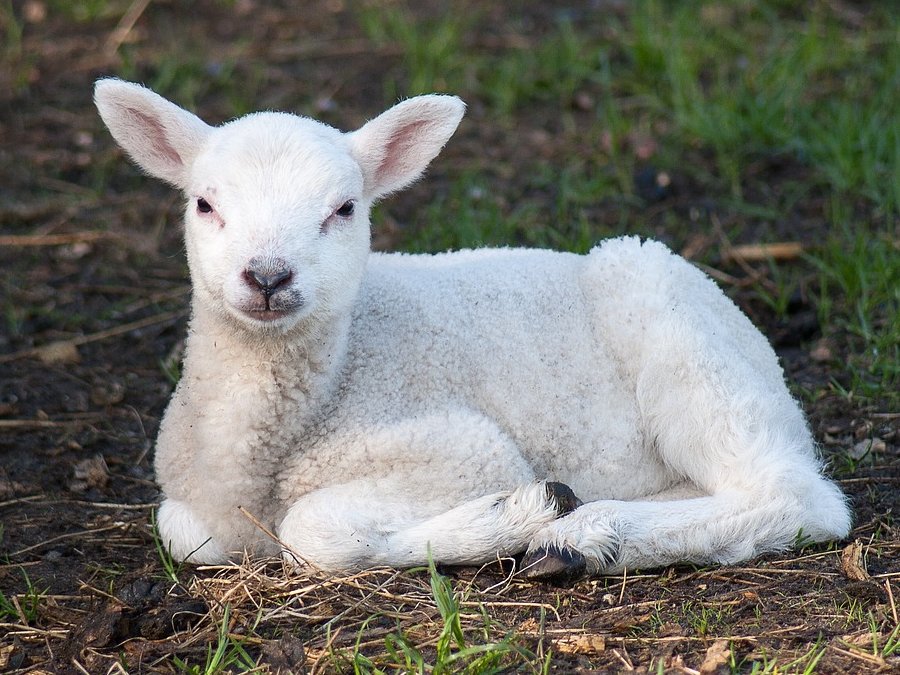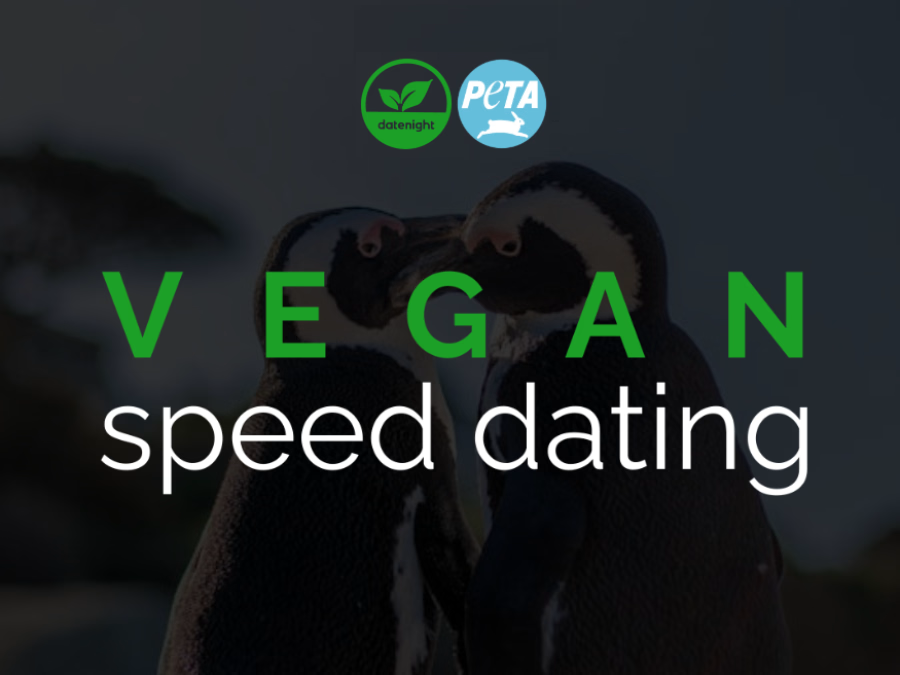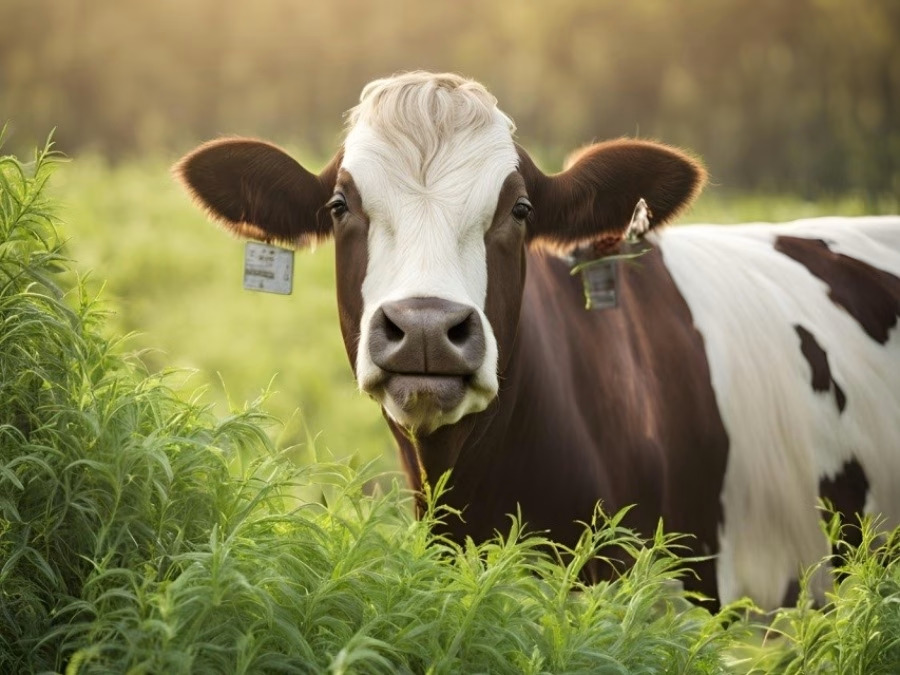Sheep, often primarily associated with wool and meat production, are animals with distinct personalities and needs. This article explores the various ways sheep are utilized in different industries, addresses the ethical concerns arising from their exploitation, and highlights sustainable and compassionate alternatives.
Why We Love Sheep: Their Admirable Qualities
Sheep are intelligent, gentle creatures known for their strong social bonds and ability to recognize faces and emotions, both in other sheep and in humans. They display a range of emotions and behaviors that signify their depth of feeling and awareness. These traits remind us that sheep are sentient beings deserving of respectful and humane treatment.
The Life of Sheep in Modern Farming and Industries
In the wool and meat industries, sheep often endure conditions that restrict their natural behaviors, such as grazing and social interaction. Beyond these industries, sheep also contribute to products in fashion, pharmaceuticals, and more, raising important ethical questions about our reliance on these animals.
The Broad Spectrum of Sheep Products
Sheep are used for a diverse array of products, including:
- Wool: Extensively used in clothing, blankets, and other textiles.
- Meat: Lamb and mutton are common in various cuisines.
- Lanolin: A byproduct of wool, used in cosmetics and skincare products.
- Sheepskin: Utilized in fashion items, upholstery, and rugs.
- Milk and Cheese: Sheep's milk and cheese, like Roquefort and Pecorino.
Alternatives to Sheep-Derived Products
There are numerous ethical and sustainable alternatives to these products:
- Synthetic and Plant-Based Wool: Materials like polyester fleece and Tencel offer vegan-friendly alternatives to wool.
- Plant-Based Meats: Options like seitan, lentils, and plant-based meats mimic the texture and flavor of lamb and mutton.
- Synthetic Lanolin: Plant-based oils and butters can replace lanolin in cosmetics.
- Faux Sheepskin: Synthetic materials provide cruelty-free alternatives for fashion and home decor.
- Vegan Cheese: A variety of plant-based cheeses are available as alternatives to sheep's cheese.
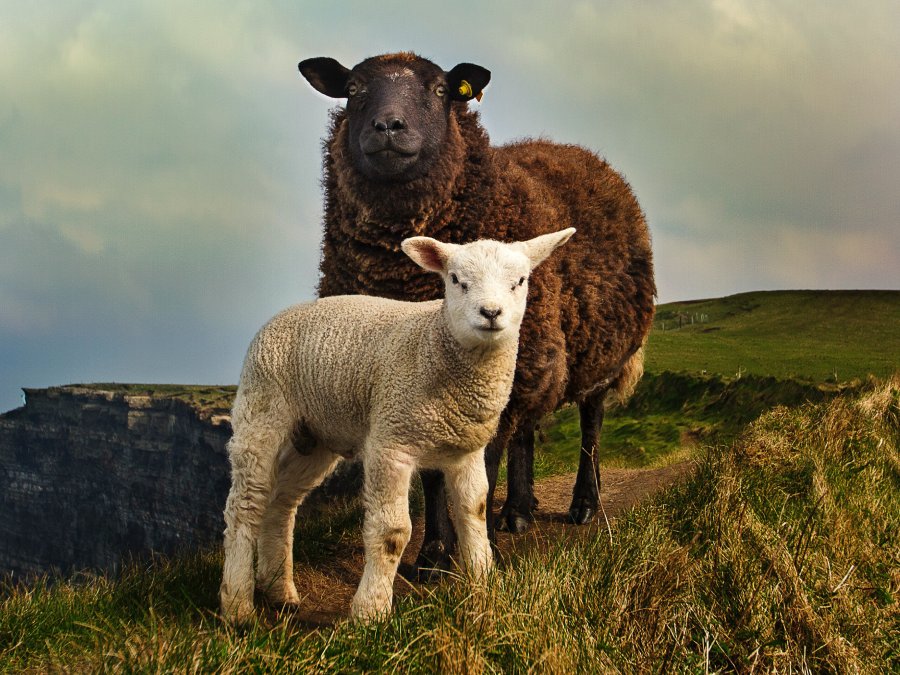
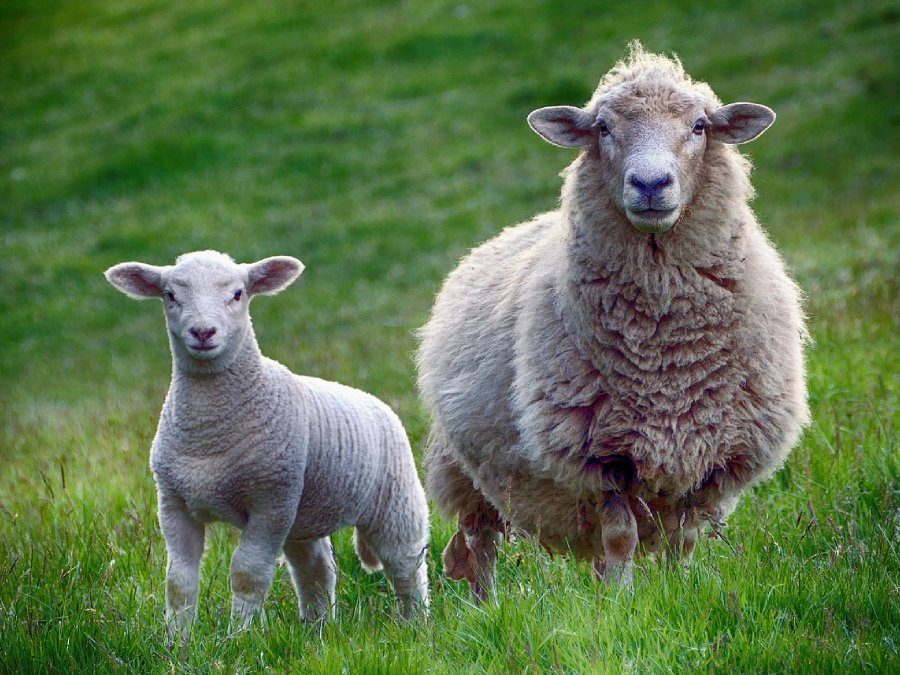
Health, Environmental, and Ethical Impacts
The use of sheep in these industries involves significant environmental impact, potential health concerns, and raises ethical issues regarding the treatment of animals.
Plant-Based Alternatives to Lamb
Similar to the growing interest in plant-based beef alternatives, there is a rising demand for plant-based options that replicate the flavour and texture of lamb. Innovative products using ingredients such as legumes, grains, and spices are emerging to cater to consumers seeking ethical and environmentally friendly alternatives to traditional lamb dishes. These plant-based alternatives not only provide a cruelty-free option for those concerned about animal welfare but also contribute to reducing the environmental impact associated with livestock farming. As this trend gains momentum, expect to see a wider variety of delectable plant-based lamb alternatives on menus and store shelves, making it easier for individuals to enjoy the rich flavour's of lamb without the need for animal products.
Moving Forward
Understanding the role of sheep in various industries and recognizing their individual qualities, we can make informed decisions that respect their well-being. By choosing plant-based and synthetic alternatives, we contribute to a more sustainable and ethical world.
Conclusion
Sheep, with their unique personalities and emotional capacities, merit our consideration and humane treatment. As we learn more about the various uses of sheep and the available alternatives, we can make choices that align with a compassionate, health-conscious, and environmentally responsible lifestyle.


